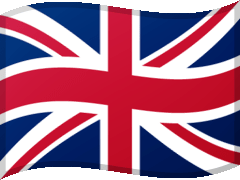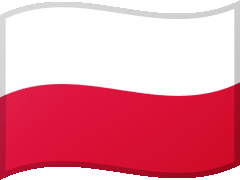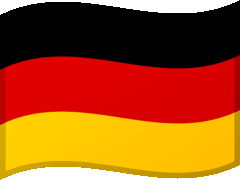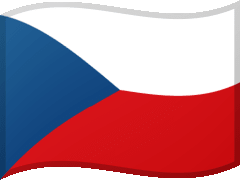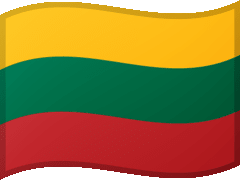The rule of Nicolae Ceauşescu and his wife Elena brought widespread misery to Romanians. Even army officers and apparatchiks of the Romanian Communist Party (PCR) experienced poverty. At the same time Ceauşescu rejected reforms forced by the Soviet Union leader Mikhail Gorbachev. In December 1989, a rebellion broke out in the city of Timişoara, and a conspiracy against the tyrant was formed in the PCR. Ceauşescu ordered the army and the political police - Securitate - to suppress the rebellion, but during the fighting in Bucharest, the army troops began to side with the rebels. The dictator and his wife were captured while fleeing and sentenced to death on 25 December. They were then executed. This is the way in which the will of the Council of the National Salvation Front (FSN) headed by Ion Iliescu, once a close collaborator of the dictator, was carried out.
The number of people killed during the fighting was 1104 (civilians, soldiers and Securitate agents). At the beginning of 1990, the FSN, consisting mainly of former PCR activists took control of the administration, army, radio and television, and PCR itself was delegalised. Also the activity of the political parties which had started to form was hampered. This provoked protests by the opposition on 24 January 1990. Upon the call of the FSN, on 28 January, the protesters were broken up by miners from the Jiu Valley on 28 January. Several dozens of people were injured in that clash. Then, the miners, after calls form Iliescu, terrorised the capital city residents on two other occasions. During their four-day invasion of Bucharest in June, 8 people died and about one thousand were injured.
At the same time in Transylvania, there was a growing conflict between the Hungarian population and the local Romanians. On 19 March, it turned into fighting in the city of Târgu Mureș. 3 Hungarians and 2 Romanians were killed and 278 people were injured. Order had to be restored by the army.
Despite the social unrest, simultaneous parliamentary and presidential elections were held in Romania on 20 May. In these first elections, with a turnout as high as 86%, the FSN officially received 66.3% of votes. Second place was occupied by the Democratic Alliance of Hungarians in Romania (UDMR) with a result of 7.2% of the votes. On the other hand, the opposition National-Liberal Party (PNL) received barely 6.4% of the votes. The presidential elections were won in the first round by Ion Iliescu, for whom votes were officially cast by as many as 85% of voters.
The opposition accused Iliescu of rigging the elections. This brought a new wave of protests. After quashing the resistance, the government led by Petre Roman, an academic lecturer, initiated reforms. These introduced the market economy in Romania. The FSN, on the other hand, with more than 2/3 of the seats in parliament, drafted a new constitution. It was adopted as late as in November 1991.
